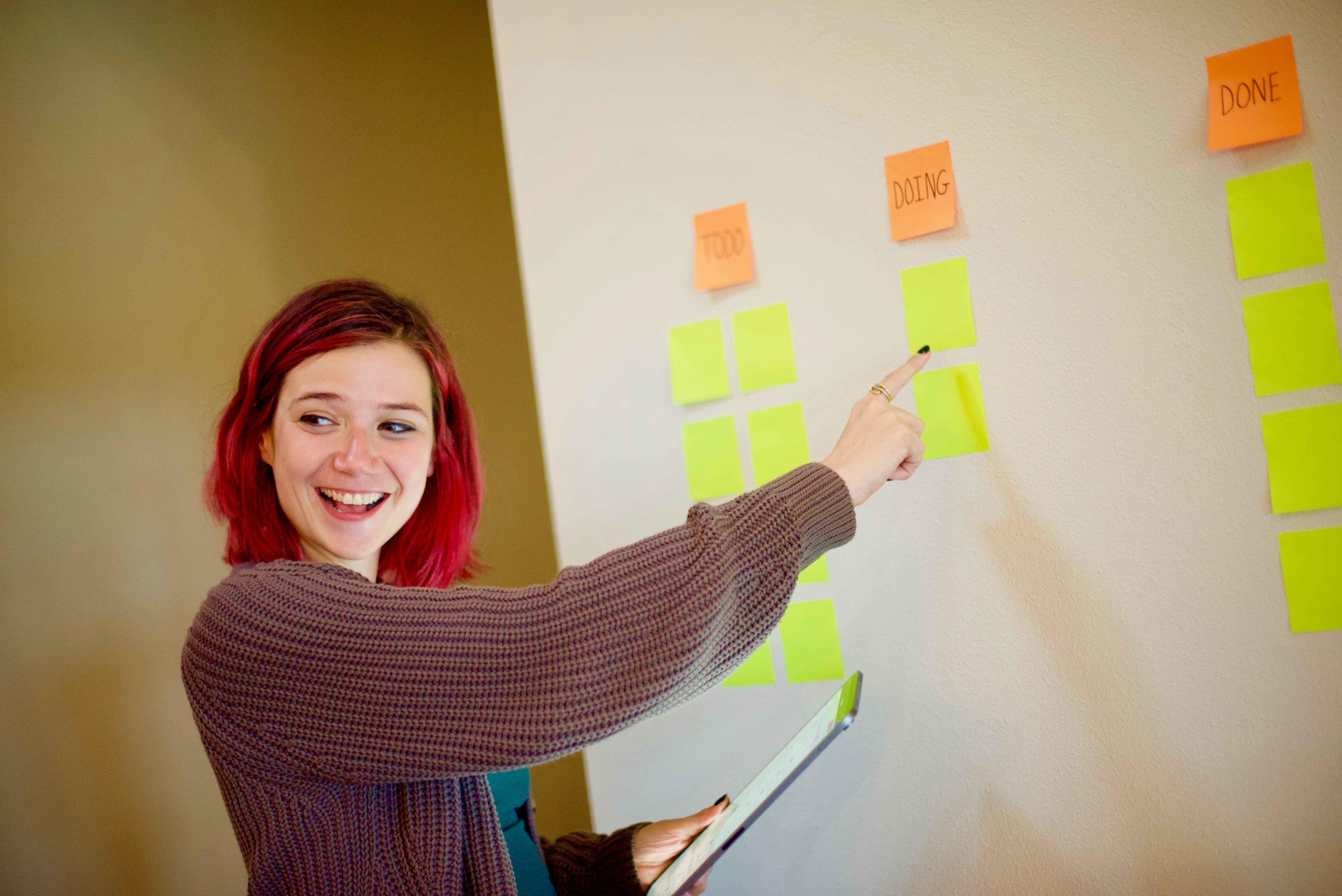Beat Procrastination: The Ultimate Productivity Guide

Procrastination is a common challenge that can hinder productivity and personal growth. Understanding its causes, effects, and effective strategies to combat it is crucial for achieving greater success and personal satisfaction. This comprehensive guide explores what procrastination is, why people procrastinate, and provides actionable tips and tricks to help you overcome this habit and enhance your productivity.
What is Procrastination?
Procrastination refers to the act of delaying or putting off tasks that need to be accomplished, often resulting in stress, anxiety, and reduced productivity. It involves choosing to engage in less important activities while neglecting more urgent tasks, despite knowing the negative consequences that may arise.
Causes of Procrastination
Understanding the root causes of procrastination is the first step towards overcoming it. Common causes include:
- Fear of Failure: Anxiety about not performing well or meeting expectations can lead to avoidance of tasks.
- Perfectionism: Setting excessively high standards may lead to procrastination due to fear of not achieving perfection.
- Lack of Motivation: Feeling uninspired or lacking enthusiasm can make tasks seem less appealing, leading to procrastination.
- Feeling Overwhelmed: When tasks seem too daunting or complex, individuals may delay starting them.
Strategies to Overcome Procrastination
Overcoming procrastination involves adopting proactive strategies and cultivating effective habits. Here are proven methods to help you combat procrastination:
- Set Clear Goals: Define specific, achievable goals to provide clarity and direction.
- Break Tasks into Smaller Steps: Divide large tasks into smaller, manageable steps to reduce feelings of overwhelm.
- Create a Structured Schedule: Develop a realistic timetable that allocates time for each task, including breaks and rest periods.
- Prioritize Tasks: Focus on completing high-priority tasks first to maximize productivity.
- Minimize Distractions: Identify and eliminate distractions in your environment to maintain focus and concentration.
- Use Time Management Techniques: Employ methods such as the Pomodoro Technique to enhance focus and productivity.
- Seek Accountability: Share your goals with a supportive friend or mentor who can provide encouragement and accountability.
- Reward Yourself: Establish a system of rewards to celebrate completing tasks and achieving milestones.
- Cultivate Self-Compassion: Be understanding and forgiving of yourself when facing setbacks or challenges.
Additional Tips to Combat Procrastination
- Start with the Most Challenging Task: Address the most difficult task first when your energy levels are highest.
- Set Realistic Deadlines: Establish deadlines for tasks to create a sense of urgency and accountability.
- Visualize Success: Imagine the positive outcomes of completing tasks to boost motivation and focus.
- Create a Productive Workspace: Organize your environment to minimize distractions and promote concentration.
- Utilize Technology: Explore tools and apps designed to enhance time management and productivity.
- Maintain Organization: Keep your workspace tidy and systematically arrange materials for easy access.
- Practice Mindfulness: Engage in mindfulness activities to reduce stress and improve concentration.
- Monitor Progress: Regularly review your achievements and adjust strategies as needed to maintain momentum.
- Avoid Multitasking: Focus on one task at a time to increase efficiency and maintain quality of work.
- Identify Peak Productivity Times: Determine when you are most productive and schedule important tasks accordingly.
By implementing these practical strategies and maintaining a proactive mindset, you can effectively overcome procrastination and unlock your full potential. Remember, overcoming procrastination is a gradual process that requires commitment, persistence, and continuous self-improvement.






